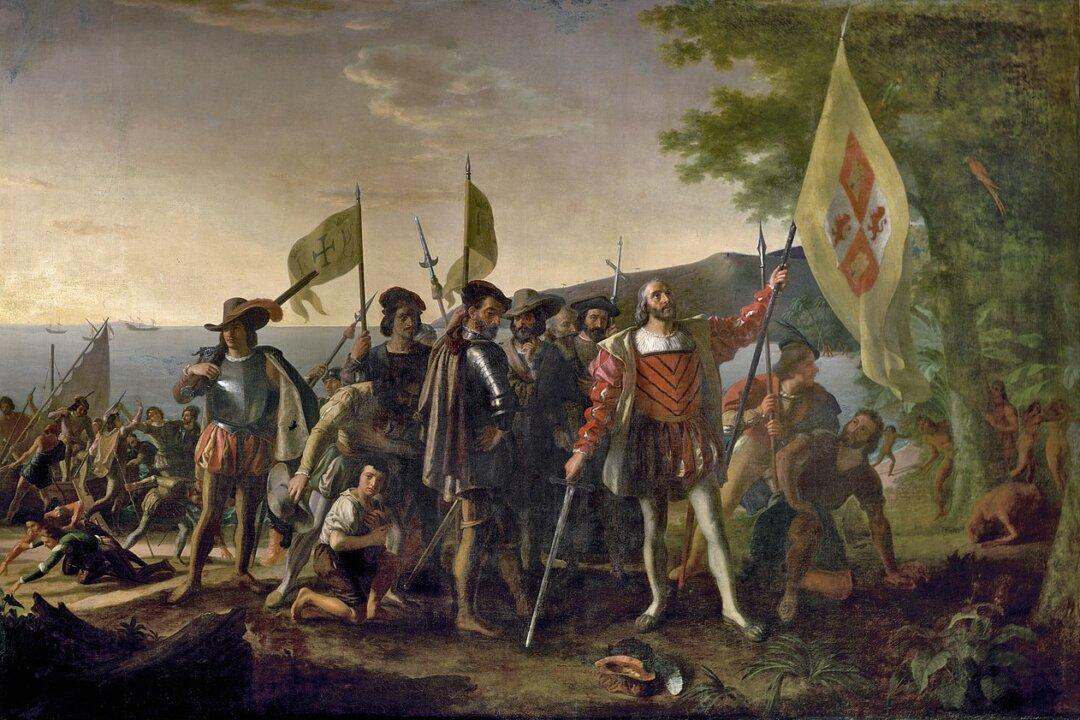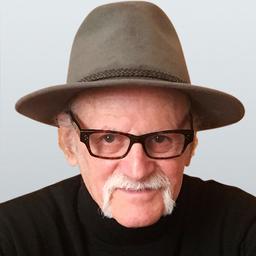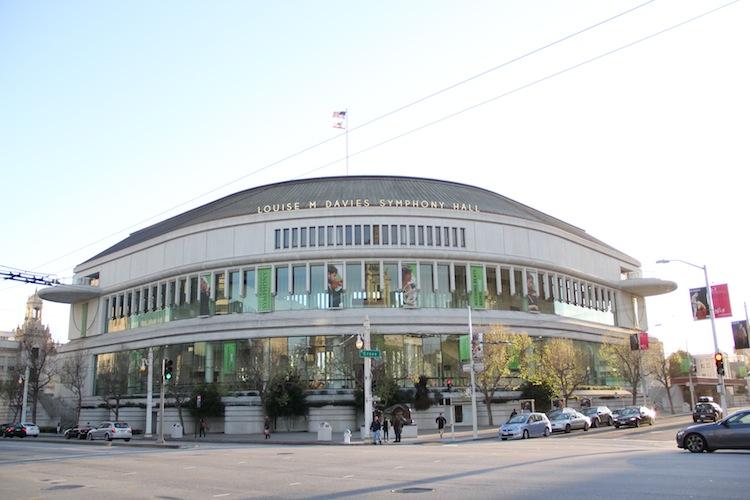Russell Kirk’s “The Conservative Mind” states: “In the course of conversation with John D. Rockefeller, Santayana mentioned Spain’s population; and the millionaire [billionaire], after a pause murmured, ‘I must tell them at the office that they don’t sell enough oil in Spain.’ Here in one sentence leered the ugliness and barrenness of the modern age. ‘I saw in my mind’s eye,’ adds Santayana, ‘the ideal of the monopolist. All nations must consume the same things, in proportion to their population. All mankind will then form a perfect democracy, supplied with rations from a single center of administration, as is for their benefit; since they will then secure everything assigned to them at the lowest possible price.’ This utilitarian utopia, prophesied by Henry and Brooks Adams as the triumph of the cheapest, starves the realm of spirit and the realm of art as no other dominion can. The culmination of liberalism, the fulfillment of the aspirations of Bentham and Mill, and of the French and American democratic spokesmen, it is also the completion of capitalism. It is communism. Rockefeller and Marx were merely two agents of the same social force—an appetite cruelly inimical to human individuation, by which man has struggled up to reason and art.”

“Landing of Columbus at the Island of Guanahaní, West Indies,” 1846, by John Vanderlyn. Public Domain
Commentary
David Parker is an investor, author, jazz musician, and educator based in San Francisco. His books, “Income and Wealth” and “A San Francisco Conservative,” examine important topics in government, history, and economics, providing a much-needed historical perspective. His writing has appeared in The Economist and The Financial Times.
Author’s Selected Articles




